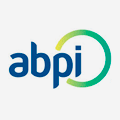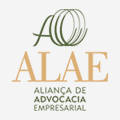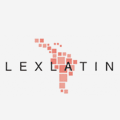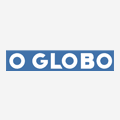In the wake of rapid advances resulting from generative artificial intelligence, global governments, and policymakers are studying and accelerating efforts on how to regulate and legislate about AI, being a multitask work, from what AI is capable to do or not to do, its impacts, and consequences.
A arbitragem foi criada para possibilitar uma forma alternativa de resolução de disputas comerciais, pela necessidade que muitas empresas demandavam para a resolução de litígios de forma mais rápida, menos custosa e decidida por especialistas no assunto, tornando-se uma alternativa ao judiciário. Para tanto, a arbitragem nada mais é do que um procedimento no qual um conflito é submetido, por acordo expresso entre as partes, a um ou mais árbitros que tomam uma decisão final e vinculativa sobre este conflito. Ao escolher a arbitragem, as partes optam por um procedimento privado de resolução de litígios em vez de recorrer ao judiciário.
Desde o início do ano, o vice-presidente e ministro do Desenvolvimento, Indústria, Comércio e Serviços, Geraldo Alckmin, tem declarado que pretende reduzir o prazo de concessão de patentes no Brasil para dois anos. Recentemente, foi anunciado um novo concurso para o Instituto Nacional de Propriedade Industrial (INPI), órgão que concede patentes no país.
Propriedade intelectual desempenha um papel fundamental no valor e na competitividade das empresas.
Brazilian Minister of Development, Industry, Trade, and Services, Geraldo Alckmin, announced his intention to reduce the patent examination process in Brazil to two years.
Medida é fundamental para evitar danos que podem ser irreparáveis tanto para os titulares de marcas quanto para os consumidores.
Especialista reforça importância da atualização da propriedade intelectual e dá dicas para empresas não perderem registro.
Humorista pode ter dificuldades se usar termo isolado em produtos; nome pode ser usado por personagem e de outras formas.
The Brazilian Patent and Trademark Office (BPTO) published, in the Industrial Property Gazette 2749 of September 12, 2023, Ordinance No. 36, which establishes the second edition of the Industrial Designs Guidelines.
No último dia 11 de julho de 2023, o Instituto Nacional da Propriedade Industrial (“INPI”) publicou as Portarias n° 26/2023 e 27/2023, com o objetivo de simplificar uma série de aspectos formais e entendimentos técnicos relacionados ao registro e averbação de contratos de transferência de tecnologia e de licenciamento no Brasil.










